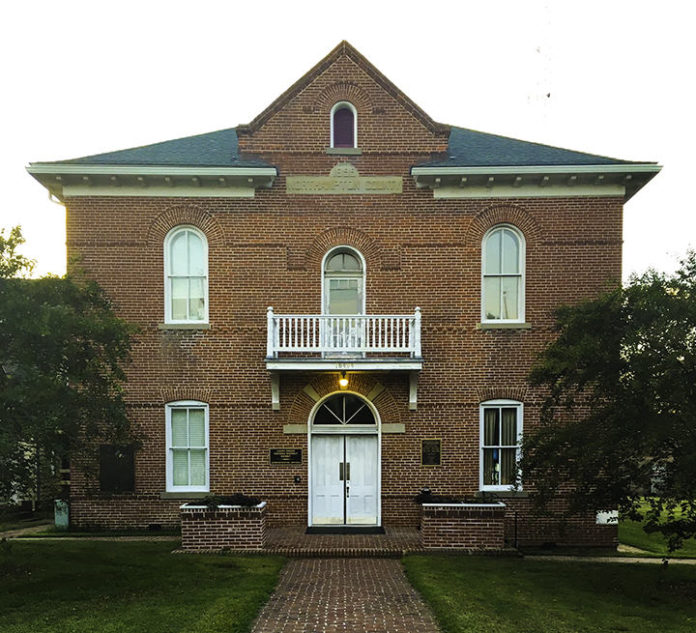By Stefanie Jackson –
Spencer Murray, the chairman of the Northampton board of supervisors, has often said, “Northampton County doesn’t have a spending problem, it has a revenue problem,” and supervisors are continually seeking new sources of revenue for the county.
Del. Robert Bloxom recently presented his fellow Virginia legislators with a bill that would have allowed the county to charge transient occupancy taxes on state park campground and room rentals, but it was defeated in the House in a vote of 19 to 78.
In Northampton, it would have required Kiptopeke State Park to collect transient occupancy taxes on its campground rentals like Sunset Beach Resort and Cherrystone Campground and remit those to the county, if Northampton opted in.
“We think it’s a fairness issue,” Murray said. “You have the public sector … competing with the private sector.”
“It just doesn’t make sense to me that state parks don’t have to get transient occupancy tax to benefit the locality.”
But Northampton can pursue additional transient occupancy tax revenue from short-term rentals – rooms or other lodging rented for a period of 30 days or less, according to the definition proposed by county planning staff.
The proliferation of short-term rentals in Northampton – particularly in its tourist center, Cape Charles, where there are about 200 – appears to be linked to the increasing popularity of apps and websites like Airbnb that make it easier for anyone with a spare room or vacation home to earn money by renting out their property.
Northampton supervisors suspect they are “leaving a lot of money on the table” in the form of unpaid transient occupancy taxes because of people “flying under the radar” with their short-term rental businesses.
Supervisors have considered requiring special-use permits for short-term rentals, but Murray said it would be a “nightmare” for county staff to process hundreds of applications at once.
A possible solution was proposed Feb. 12. About 200 or 300 people who are already paying transient occupancy taxes from short-term rentals could be “grandfathered in” and receive “administrative” special-use permits.
Murray noted provisions must still be made to protect adjacent property owners’ rights.
Northampton supervisors also debated how to define an oyster watch house within the county’s zoning ordinance.
Traditionally, an oyster watch house is a structure built on the water, or in the water on pilings, for watching oyster grounds, safeguarding against poaching. It is not meant to be used as a dwelling or to generate rental income.
Providing a definition of “oyster watch house” in the zoning ordinance would mean the property could not “morph into a building used for other purposes,” Northampton’s Planning Commission Chair Dixon Leatherbury stated in a Feb. 11 letter to supervisors.
Northampton County waters are protected by the Chesapeake Bay Preservation Act, enacted by Virginia legislators to minimize negative impacts, such as overdevelopment, on water quality.
Supervisors are also considering another solution to their problem – deleting “oyster watch house” from Northampton’s zoning ordinance as a permitted use.
Anyone wishing to construct an oyster watch house would still be required to obtain permits from agencies like the Virginia Marine Resource Commission, the Virginia Department of Environmental Quality, and the Virginia Department of Health.
“It’s a Smith Island cake now, why have another layer on it?” Supervisor Robert Duer said.
Furthermore, Northampton County does not own a boat and is unable to enforce regulations on a water-dependent facility, Director of Planning and Zoning Susan McGhee said.
Water-dependent facilities fall under the jurisdiction of the Virginia Marine Resource Commission.
The public hearing that supervisors held Feb. 12 specifically concerned defining an oyster watch house in Northampton’s zoning ordinance. Deleting “oyster watch house” from the zoning use table would require a separate public hearing, County Attorney Beverly Leatherbury advised.
Supervisors voted to table the matter until another public hearing is held.



